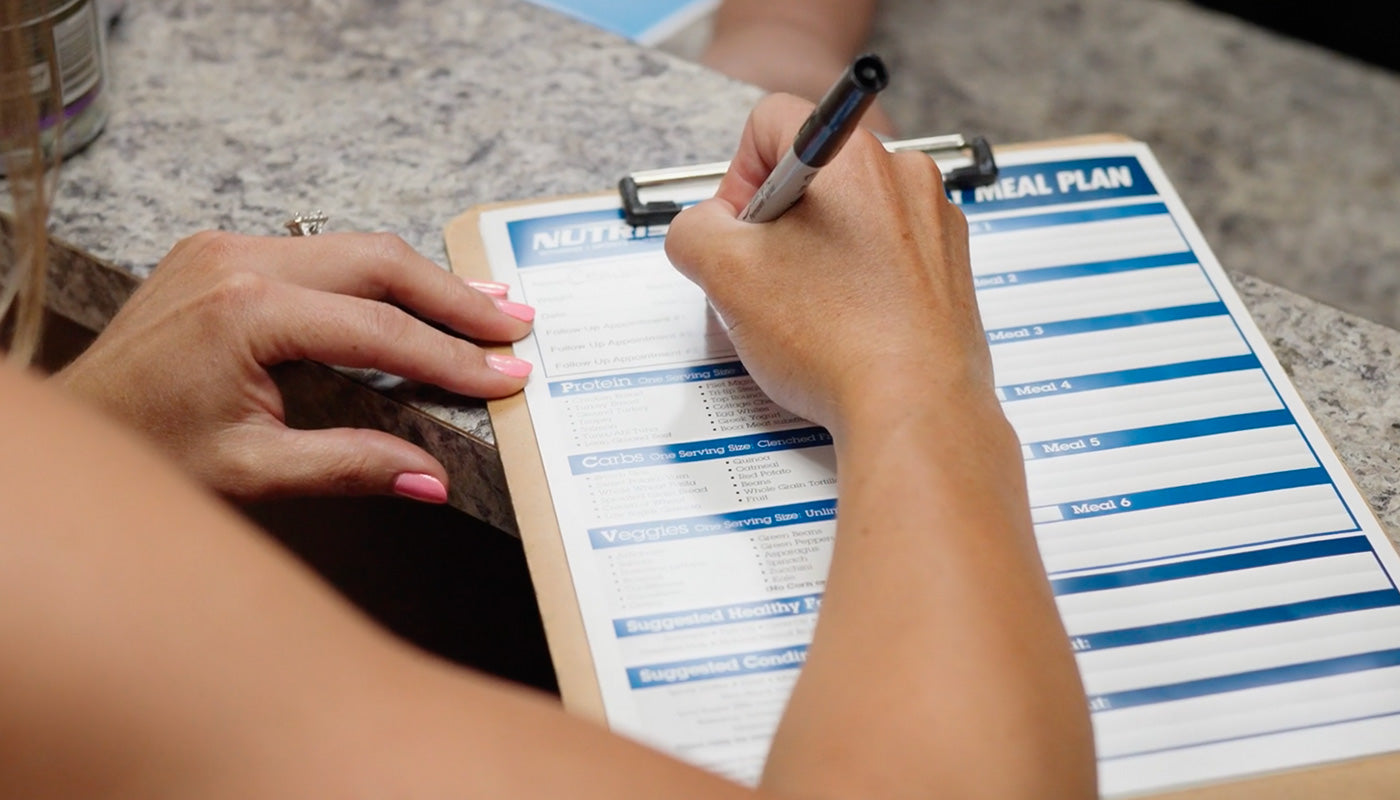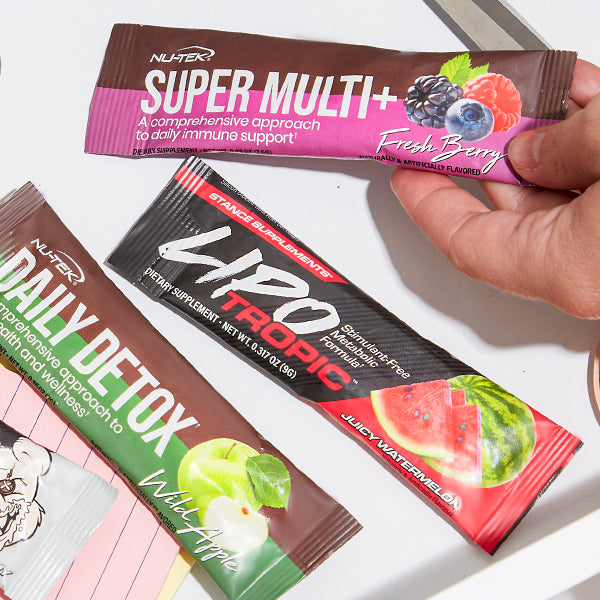If you’re into intermittent fasting, you’ve probably asked yourself at some point: Can I have coffee while fasting? The short answer is: most likely, yes. But like many things in the health and nutrition world, the full answer depends a bit on the details. Let’s break it down.
What Is “Breaking a Fast,” Anyway?
At its core, fasting simply means abstaining from calories for a period of time. The idea behind intermittent fasting (IF) is to give your body extended breaks from digesting food so it can shift into different metabolic processes — like tapping into stored fat for energy, improving insulin sensitivity, or even triggering autophagy (the cellular cleanup process linked to longevity).
Anything that meaningfully raises insulin levels or provides enough calories to stop these processes would technically “break” your fast. So, the question becomes: does coffee do that?
Black Coffee and Fasting: A Friendly Pair
If you’re drinking your coffee black — no cream, no sugar, no sweeteners — then most experts agree that you’re not breaking your fast. Black coffee contains virtually zero calories (around 2-5 calories per cup, depending on how strong you brew it). This amount is generally considered too small to interfere with fasting’s primary benefits.
In fact, research suggests that coffee may even enhance some fasting-related effects. A 2022 study published in Nutrients found that coffee consumption may support metabolic health, assist fat oxidation, and possibly promote autophagy — all benefits people often seek during fasting windows.
Plus, coffee can make fasting easier by suppressing appetite and increasing alertness, thanks to its caffeine content.
But What About Add-Ins?
Here’s where things get a little trickier:
Cream and Sugar: Adding cream, milk, or sugar introduces calories and carbohydrates that can trigger an insulin response. Depending on how much you add, this could break your fast — or at least blunt some of the metabolic benefits.
Artificial Sweeteners: The research here is mixed. Some sweeteners may not spike blood sugar, but they can still impact insulin levels or gut microbiota. For strict fasting, many experts suggest avoiding them during your fasting window.
MCT Oil and Butter (aka “Bulletproof Coffee” ): These are high in fat but very low in carbs, so they don’t spike insulin much. Some people use them during fasting for cognitive clarity or appetite control. Technically, though, they do provide calories and therefore end a true fast — but may still work for certain fasting goals, like fat-adapted energy or ketogenic fasting protocols.
Does Caffeine Itself Affect Fasting?
Caffeine doesn’t contain calories, but it can slightly increase cortisol levels, which some people worry about while fasting. For most healthy adults, moderate caffeine intake during a fast doesn’t pose a problem. In fact, a 2020 review in Critical Reviews in Food Science and Nutrition noted that caffeine may actually enhance certain fasting benefits like fat utilization.
That said, if you’re prone to anxiety, jitters, or disrupted sleep, you may want to watch your total caffeine intake — fasting or not.
Final Thoughts
For most people practicing intermittent fasting, black coffee is fair game and may even make the fasting period more manageable. Once you start adding cream, sugar, or other extras, you’re technically consuming calories and may interrupt some fasting-related benefits.
As always, fasting isn’t one-size-fits-all. Consider your goals — whether it’s weight loss, blood sugar control, or cellular health — and experiment to see how your body responds. If you’re ever unsure, consulting with a healthcare professional or nutrition coach can help you fine-tune your approach.
In the meantime, feel free to enjoy that cup of black coffee during your fasting window — it’s probably doing more good than harm.






